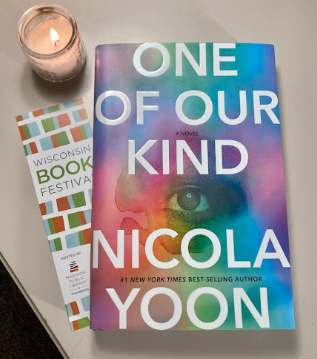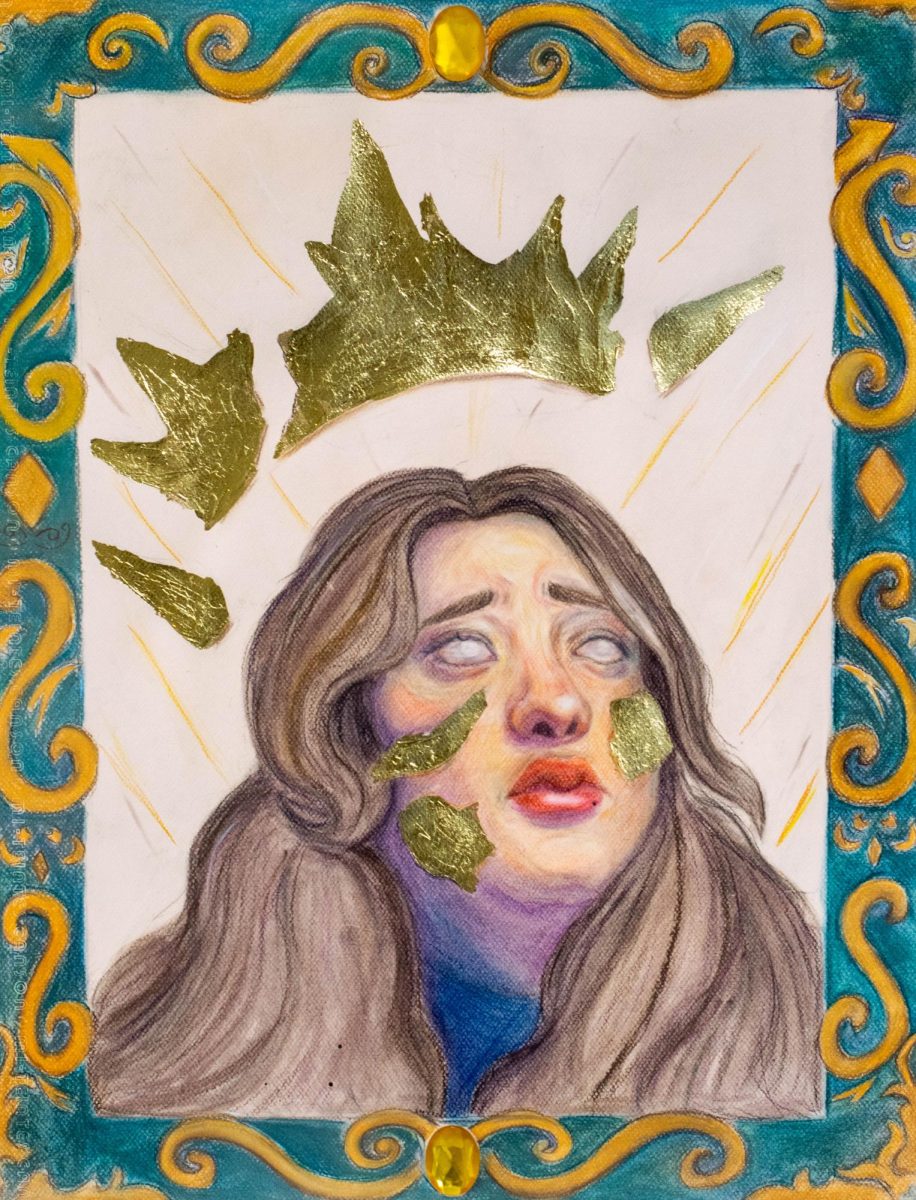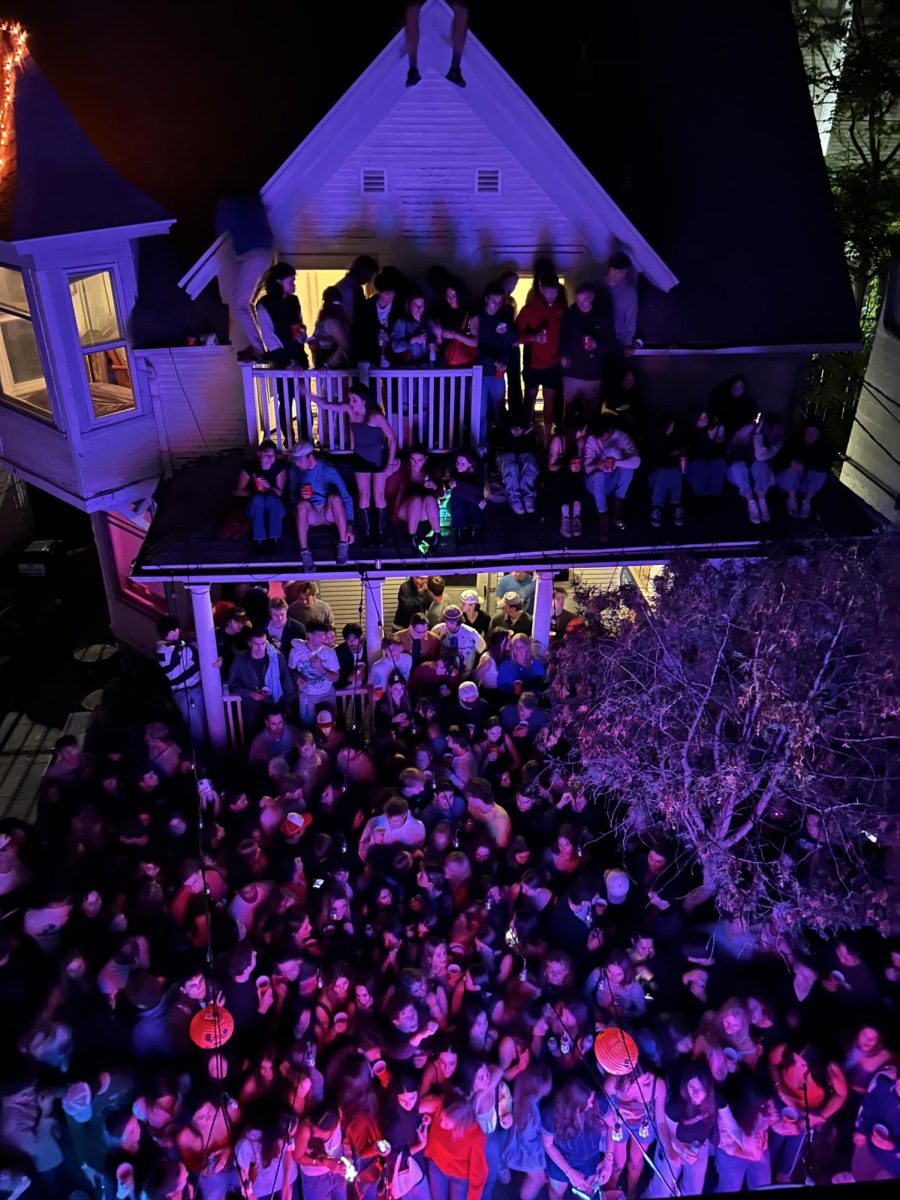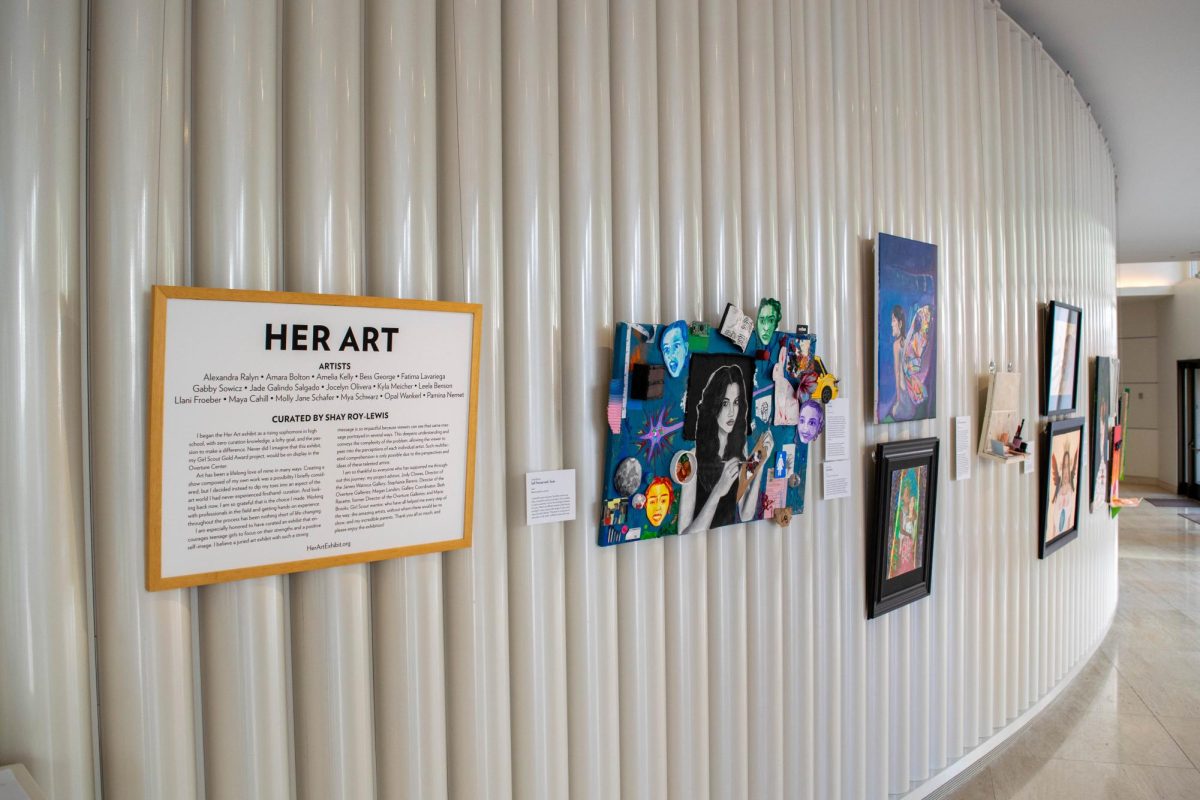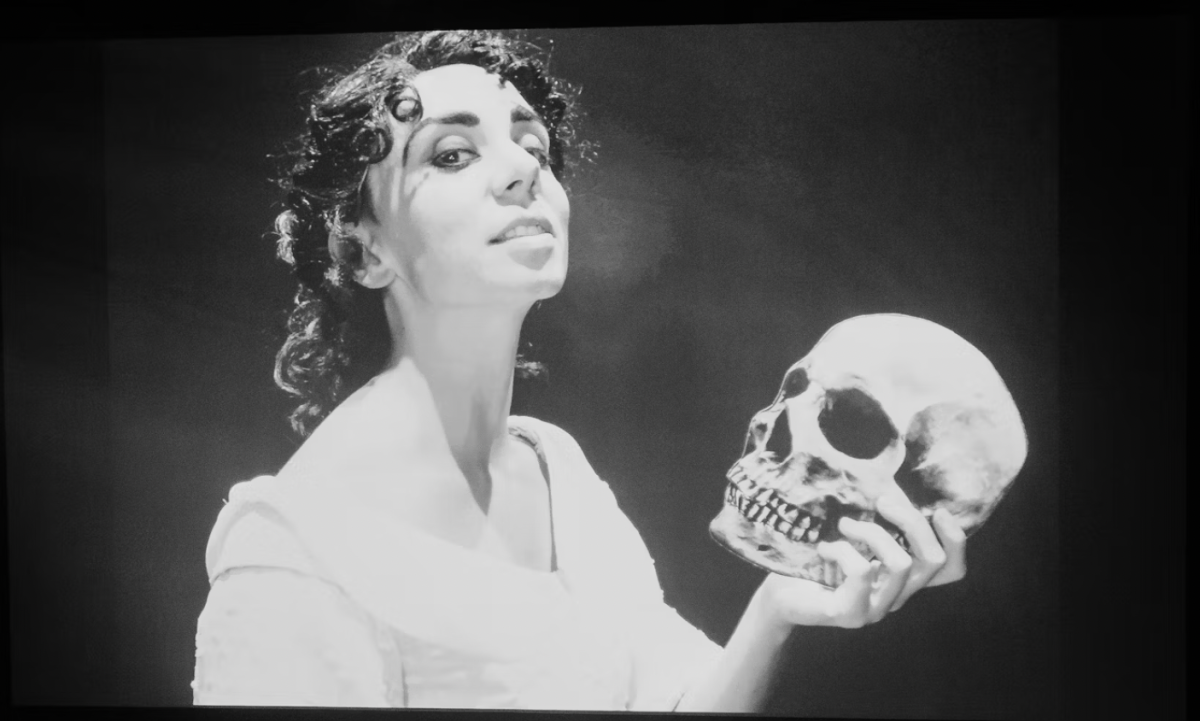Sunday evening, ?Taxi to the Dark Side,? a harrowing documentary about U.S. torture policies centering on the 2002 death of an Afghani taxi driver, took home an Oscar for Best Documentary. University of Wisconsin professor Alfred McCoy is featured in the film, which was based in part on his 2006 book ?A Question of Torture.? McCoy revealed his experience with the film in an interview with The Badger Herald.
BH: What was it like to be involved with ?Taxi to the Dark Side??
AM: It was a really interesting personal, intellectual experience, to write that book, my book, to go deep into your mind and deal with a horrific human experience. As you read these transcripts, you have to empathize with the victim; you have to put yourself as much as you can, so you go deep inside yourself, in a very uncomfortable space. It?s months of intense, private, personal voyage in which the nature of what you?re working on is so repulsive, unsettling, you talk to nobody about it.
I turned 20 years of work in torture into a 300-page book, and then right after it was published, a reviewer, [the] wonderful writer Jane Meyer, forwarded it to a friend of hers, director Alex Gibney, [saying] ?this might be what you?re looking for to frame your film.?
For 3 1/2 unbroken hours, [Gibney] reduced a 300-page book to a 200-minute interview, and then from that, he extracted maybe six to seven minutes which captured the essence of what I had to say, and watching him do that was really interesting. The way he interviews, he tucks his camera right underneath his eyes, so you stare unbroken into his eyes for 200 minutes, without wavering ? very intense. And so he reaches in, and he pulls out everything you have to say. [He] goes to the core of what you?re saying and to say it in a way that you never thought before. ? [It] was an extraordinary experience.
That talent, of course, that gift, which is one of the many gifts that he has, that means he could produce a film that would win the Oscar, that the best documentary at a time when the American documentary film has reached a period of unprecedented influence.
There are more documentaries with big audiences than ever before in American history. These documentaries are powerful, political, intellectual and social statements, and so it is a very rich and highly competitive field. Gibney is justifiably one of the best in field.
BH: Do you expect to continue working with documentaries? What similarities do you see between history and film?
AM: We produce narratives, and we take all of the complexities of human experience and the amazing diversity of data, oral history, statistics, archival documents, memos, e-mails, telegrams ? every form of human communication. And we take this diverse field of knowledge, and we boil it down.
[Historians] work on the cheap, and docs are cheap. I mean, it?s a very affordable medium. [The film?s] operating budget was $1 million, by the way, and he got that kind of money like a New York City bake sale. A group of investors came together to promote a project and that?s why docs work ? it is still something that individual thinkers and creators can do. It?s in the realm of possibility you don?t need a corporate apparatus. That?s why documentaries have risen. The net product is something that you can?t deny. There is very little investigative reporting, very little independent news. Look at the Iraq war; they rolled over and played dead, and they came very late with their criticism that everybody now agrees with.
BH: How would you compare the role of the media from the Vietnam War to the role of the media in the Iraq war?
AM: Basically, the Vietnam story, in all of its ugly truth, was brought to the American people by the mainstream media. It was the TV coverage that broke the taboo on showing death, during the Vietnam War. The media broke that taboo and showed the war in all of its glory and horror.
Vietnam was based on the mainstream media doing their job and the American government made sure that would never happen again. And the restrictions in the Gulf War were extraordinary, and they are even worse in Iraq today. That then creates an opening for documentary filmmakers who are completely independent, who are willing to risk lives to go out and cover the war. That?s why one of the other nominees was a brilliant documentary about the Iraq war.
BH: Do you feel documentaries are now becoming the voice for independent new coverage?
They are playing a much more independent role ? they are leaner, faster and free from all the entanglements and compromises. [Documentaries] are doing the job that the mainstream media once did.
?Taxi to the Darkside? opens today at Madison?s Sundance Cinema.


